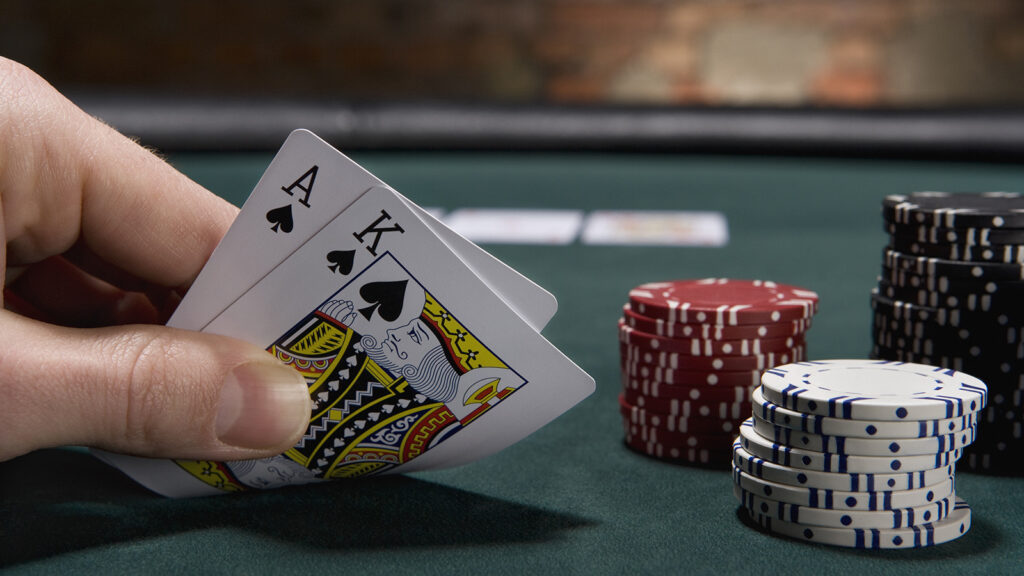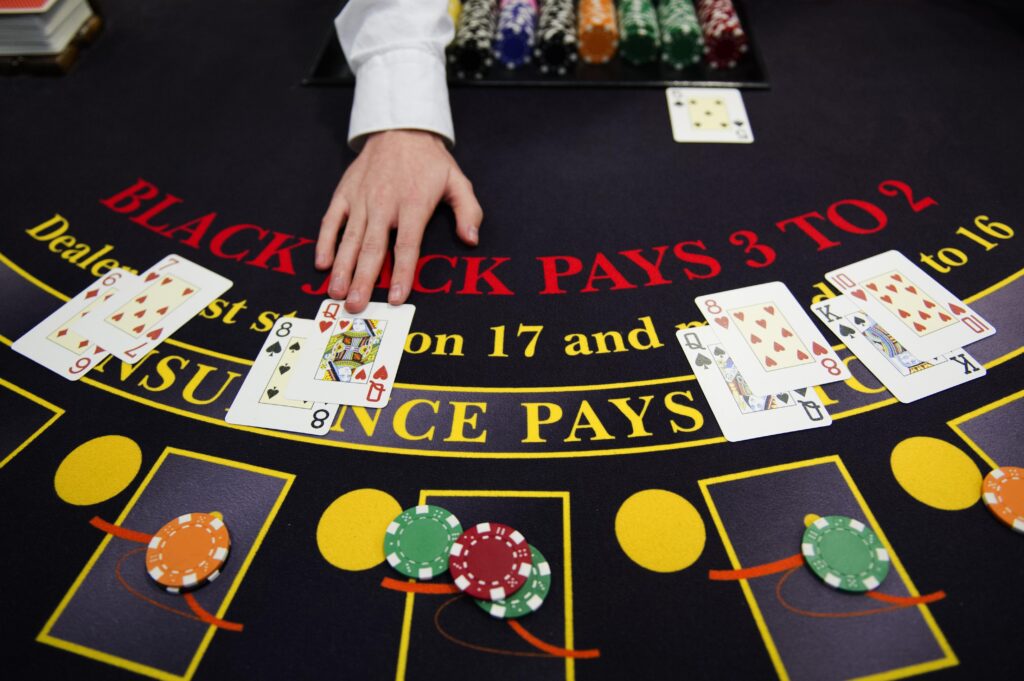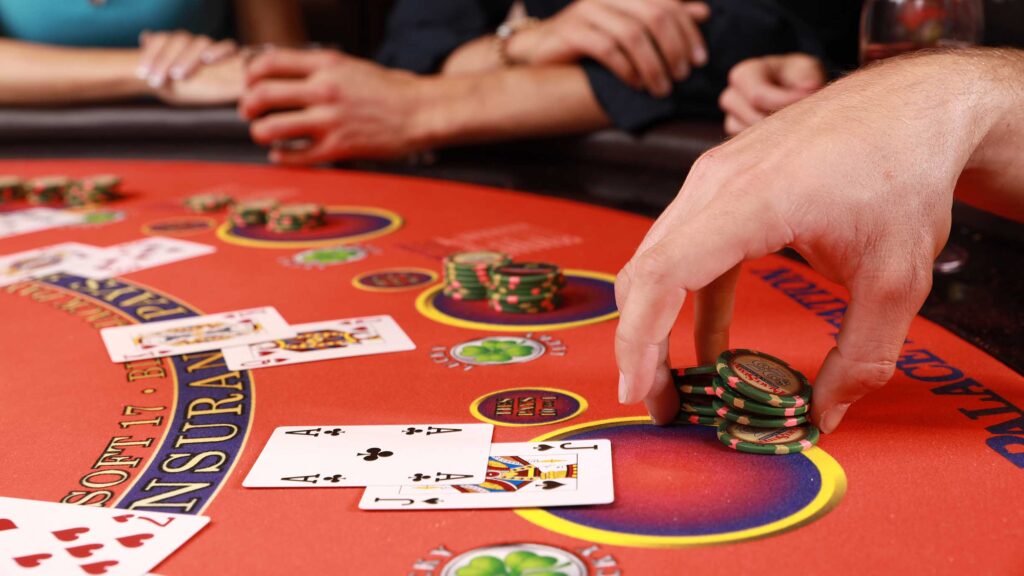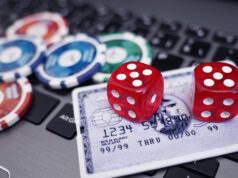Card counting has become a popular strategy among blackjack players, with many looking to gain an edge over the casino by tracking and memorizing the values of the cards that have been played and then using that information to make their own decisions.
Popularized in popular culture through films like 21, it can be viewed as either a legitimate form of strategy in blackjack games or cheating depending on one’s perspective. In this article, we will explore both sides of the argument in order to get a better understanding of the true ethical status of card counting at blackjack tables.
The History of Card Counting in Blackjack
Card counting has been a part of the game of blackjack for hundreds of years. While it is very difficult (if not impossible) to establish the exact origin of card counting, it has been around since at least the mid-19th century. Theoretically, it goes hand in hand with basic strategy and they can be used together if done correctly.
Despite its long history, card counting was not always seen as a legitimate strategy. On the contrary, casinos often frowned upon it and viewed it as cheating. This led to an intense battle between casinos and players who were trying to gain an advantage over the house. It wasn’t until 1962 when Edward Thorp published his book Beat The Dealer that card counting started to be accepted by some in the industry as a legitimate system of play.
The Pros and Cons

When someone talks about card counting strategies in a game of blackjack online, some people automatically assume it is cheating. It is true that when implemented correctly, a card-counting system can give a player an advantage over the house. However, many gaming enthusiasts argue that this advantage is earned through smart and strategic play – not through deception or illegal activities.
Pros:
- Improves Odds: By maintaining an accurate count of cards that have passed, players are able to calculate their chances of winning with greater accuracy; their risks are reduced as a result.
- Betting Strategy: Strategy becomes more important when playing with card counting because it helps to inform betting decisions. As an example, if a player notices the majority of high-value cards have already been dealt from the deck, they may choose to increase their bet as there is less risk associated with taking such action since these high cards are no longer in play lowering the likelihood of busting 21 when anticipating receiving one more hit on their hand from the dealer/house rules respectively.
Cons:

- Increase Risk of Detection: Although casinos tend to frown upon counters (and can bar them from reentering), they also keep an eye out for visitors who frequently surpass typical chip counts and do so systematically while not drinking alcohol or engaging other typical behaviors exhibited by gamblers (tipping cocktails waitresses, etc.). If detected card counters must explain themselves carefully lest they be cause suspicion or even removed from casinos entirely if gaming enforcement finds any laws being broken pertaining to gambling within state lines or country borders depending on location respectively where applicable.
- Less Fun: Granted applying mathematical concepts certainly appear like cheating many would argue against this notion; however, depending on opinion this does take away some of what makes blackjack so enjoyable – namely relying solely on luck for all outcomes!
The decision whether or not to use a card counting system heavily depends upon individual goals: Players hoping just for fun – seek out games where no strategic playing is needed; For those looking for financial gain – this strategy might be worth considering so long as risk detection remains low and proper caution applied throughout gameplay sessions accordingly mutually beneficial outcomes possible between both parties involved at all times regardless situation presented overall!
The Legal Implications

In US jurisdictions, the legality of card counting usually depends on the specific rules and regulations defined by casinos or gaming establishments since they are allowed substantial discretion in setting their own rules. However, many casinos will ban players caught card counting, regardless of whether or not it is explicitly stated in the house rules.
Similarly, in Australia, a court ruling determined that card counting was an acceptable form of skill-based gambling; however, casino owners are still allowed to ban players they suspect might be engaged in the practice. Many other countries around the world including Canada and South Korea have laws prohibiting all forms of gambling including card counting.
Casino Responses to Card Counters

Casinos have created multiple ways to discourage card counters from winning their money back. One of the most common tactics is for the dealer to shuffle up after only a few hands. This move forces counters to start their count over again and become less effective in using their system as they can’t keep track of which cards have been played.
Another common tactic dealers use is to increase the number of decks used when playing blackjack. The more decks that are used, the more difficult it is for card counters to track which cards have already been played – an important part of successful counting. Many casinos also prohibit players from minimizing risk by increasing betting amounts when favorable deck conditions occur, a traditional strategy for card counting.
In addition, some casinos have adopted new computer-based strategies and techniques such as continuous shuffling machines that make it virtually impossible for counters to gain any advantage over the house. Finally, although rarely done today, casinos may avoid allowing counters access altogether with a blacklist that restricts known cheaters or counters from playing in the casino’s games at all.
Conclusion
The answer to whether or not card counting is ethical ultimately depends on one’s personal beliefs and values. The act of counting cards can be seen as simply a method of using mathematics, probability, and various strategies to gain an edge over the game. It does not involve any dishonest behavior and can be seen by some as a skillful way for players to attempt to win more money at the casino.





